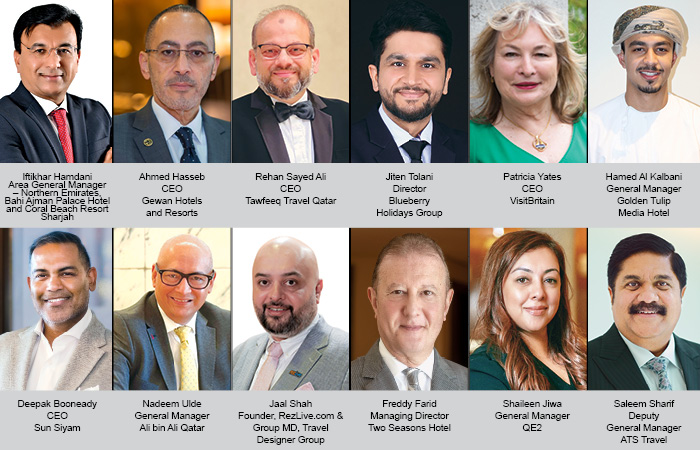Historically many travellers flew to New York to ascend the Empire State Building or Statue of Liberty, but rather bizarrely only bought the entrance ticket once they arrived in the city. Could we see a world where travellers start their travel planning by first buying the experience tickets?
Had we, as a travel industry, been selling things in the wrong order? People travel to a destination, but for some reason the plane ticket is the first thing they often buy. Thankfully, this is quickly changing.
Last week we published some research that showed that 46 per cent of travellers now buy their entrance tickets for tours, activities and attractions more than a week in advance. This is included in a report from us called ‘Are you experienced?’ and you can download that here. Travellers demand certainty and convenience more than ever, especially for the biggest attractions and shows where there is a risk of sellouts. Airline tickets, hotel rooms, and even transfers are all bought first and almost exclusively online, perhaps because close to 100 per cent of all flights and 80 per cent of all hotel rooms around the world are bookable online. But when it comes to activities in-destination, only around 21 per cent of the total entrance tickets, tours and activities are available online.
There is a long way to go, but the sector is catching up quickly because the opportunity is huge. Estimates vary, but a consensus figure for entrance tickets, tours and activities is that the market is worth around €250bn worldwide, meaning almost €200bn is still offline. A vast digitalisation is underway. In just a few years from now the landscape will look remarkably different. So, what is the barrier when it comes to traditional attractions such as the Eiffel Tower, the London Eye or smaller ones like a hiking operator in Turkey? What kind of technology are we talking about to digitalise the whole travel journey?
You might be pleased to hear this won’t depend on anything futuristic. The distribution and sales model can work in very much the same way GDS, bedbanks, PMS and channel managers do for aviation and hospitality.First, we need operators of all sizes to embrace reservation systems and APIs, which connect them to major OTAs, distributors and travel technology providers. Thanks to the cloud and a new generation of software, this is quickly becoming a reality. Second, we are seeing many providers focused exclusively on the in-destination experiences pop up in recent years, including B2B services. Third, these technologies open new options in a sector that needs to offer more and better products.
They will allow the parts of the chain that are in contact with the end customer, airlines, hotels, tour operators, travel agencies, rail operators, etc, to offer a new vertical of products without resorting to white label solutions where all the control on the customer experience is handed over to a third party.
 TravTalk Middle East Online Magazine
TravTalk Middle East Online Magazine




